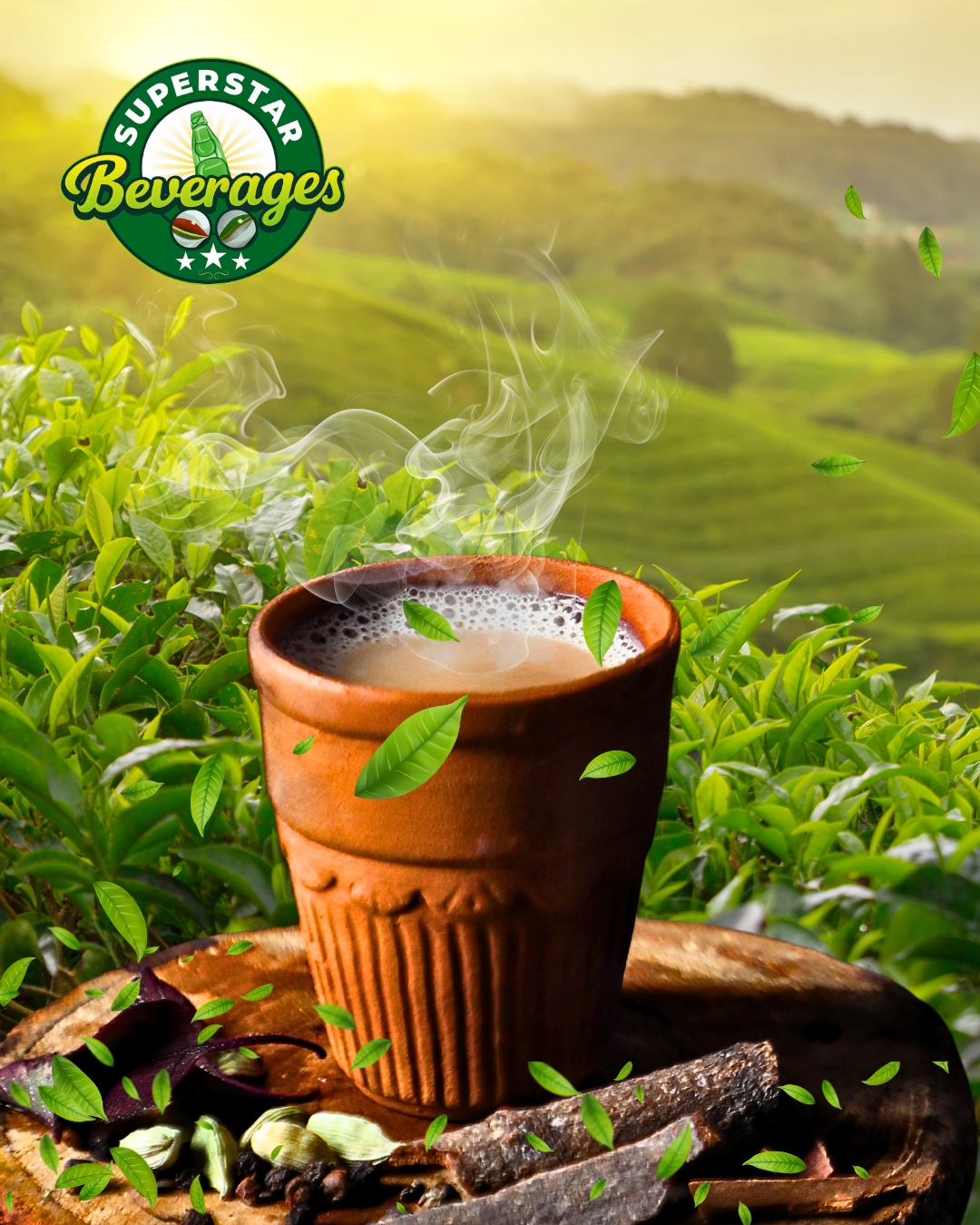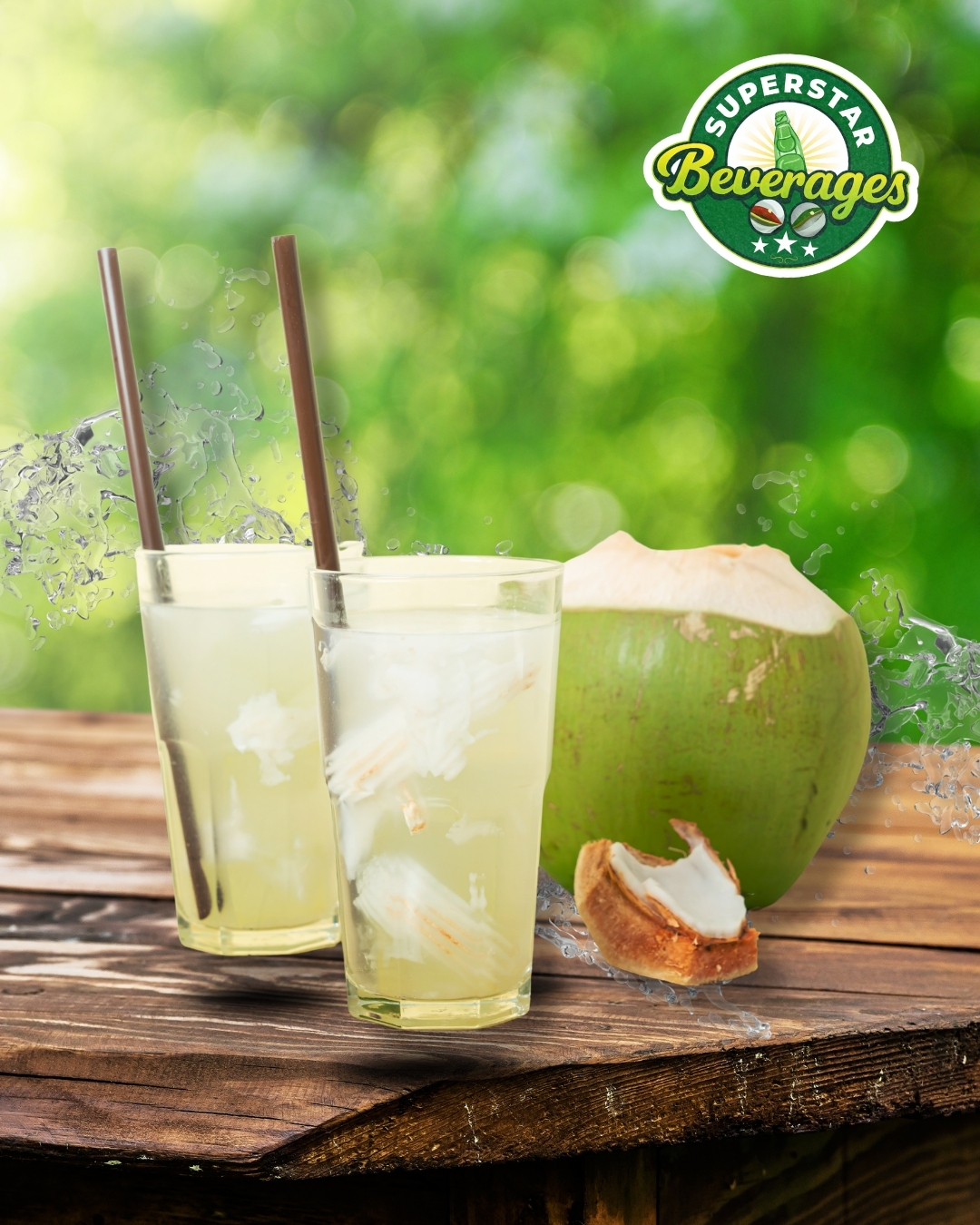The Origins of Tea
Tea is more than just a beverage; it’s a story steeped in culture, tradition, and wellness. Globally, tea’s history dates back to ancient China, where it was first brewed as a medicinal drink nearly 5,000 years ago. In India, tea gained prominence during the colonial era when the British established large tea plantations in Assam and Darjeeling. Over time, it transformed from an elite luxury into a household staple that connects generations.
Tea in Indian Culture
In India, tea isn’t just consumed — it’s celebrated. Whether it’s the morning “chai” that energizes millions, the roadside stalls brewing kadak chai, or the delicate flavors of Darjeeling and Nilgiri teas, this beverage has become an essential part of daily life. Today, India is one of the largest producers and consumers of tea in the world, making it both a cultural treasure and an economic powerhouse.
Evolution of Tea: From Tradition to Modern Times
Earlier, tea was primarily consumed in simple forms — boiled leaves infused with milk and sugar. Now, the beverage has evolved to match modern tastes and lifestyles. Herbal teas, green teas, and wellness blends infused with ginger, tulsi, lemongrass, and other natural herbs are gaining immense popularity. This evolution reflects India’s growing focus on health and wellness, while keeping the traditional essence alive.
Health Benefits of Tea in Today’s World
In today’s fast-paced lifestyle, tea continues to play a vital role in supporting health and balance:
Rich in Antioxidants: Teas like green, white, and black are packed with polyphenols that help combat oxidative stress and reduce the risk of chronic diseases.
Boosts Immunity: Herbal teas infused with tulsi, ginger, and cardamom strengthen the immune system naturally.
Supports Digestion: Spiced teas like masala chai improve gut health and digestion.
Enhances Mental Alertness: The moderate caffeine content in tea sharpens focus without the jitters of coffee.
Stress Relief: Chamomile and lavender teas calm the mind, reducing anxiety and promoting restful sleep.
The Best Tea in India
India is home to some of the finest teas in the world, each with unique flavors and health benefits:
Assam Tea – Known for its bold, malty flavor and strong aroma. Perfect for breakfast blends and masala chai.
Darjeeling Tea – Often called the “Champagne of Teas,” it offers delicate floral notes and a light, refreshing taste.
Nilgiri Tea – Grown in the Blue Mountains of South India, this tea is fragrant, brisk, and ideal for iced teas.
Kangra Tea – From Himachal Pradesh, this tea carries a subtle, fruity flavor with a soothing aftertaste.
Masala Chai – A spiced Indian blend with ginger, cardamom, cloves, and cinnamon, celebrated for both taste and digestive benefits.
Green & Herbal Teas – Variants infused with tulsi, lemongrass, mint, or chamomile are popular for detox, stress relief, and immunity.
These varieties not only showcase India’s biodiversity but also cater to the growing global demand for premium and wellness teas.
Tea and the Indian Lifestyle Today
Modern India has embraced tea as both a comfort drink and a wellness choice. Cafés and tea lounges across cities offer innovative tea experiences, from cold brews to fusion blends. At the same time, tea continues to be the heartbeat of small towns and villages, where it fosters community, conversation, and connection.
Conclusion
From its ancient medicinal origins to its current role as India’s favorite beverage, tea is a symbol of heritage, health, and harmony. It bridges tradition and modernity, offering not just refreshment but also a wealth of health benefits for today’s generation.
Whether you sip a steaming masala chai at dawn or enjoy a calming herbal brew before bed, every cup of tea is a reminder that nature’s bounty, when respected and enjoyed, continues to nourish both body and soul.






